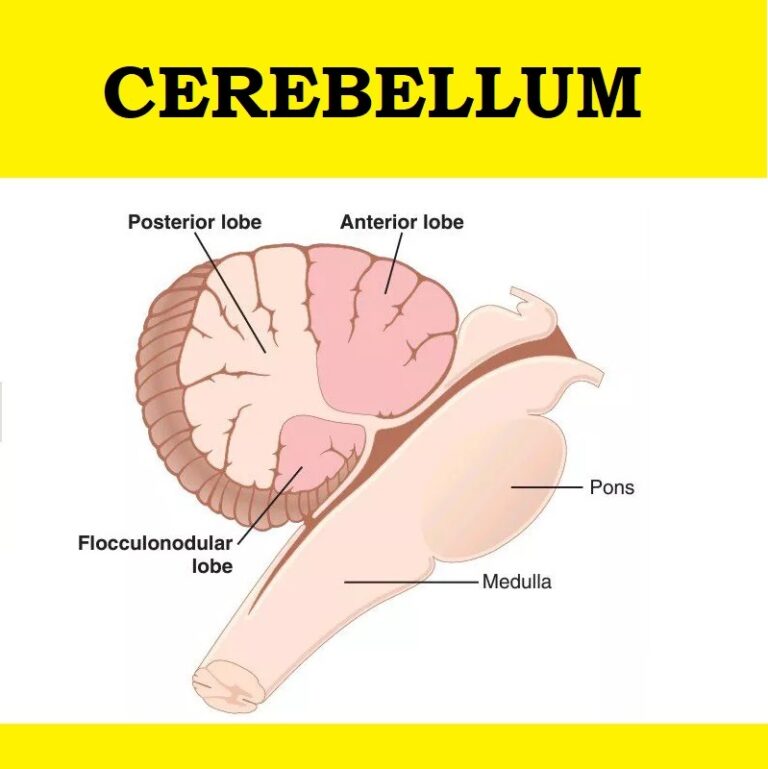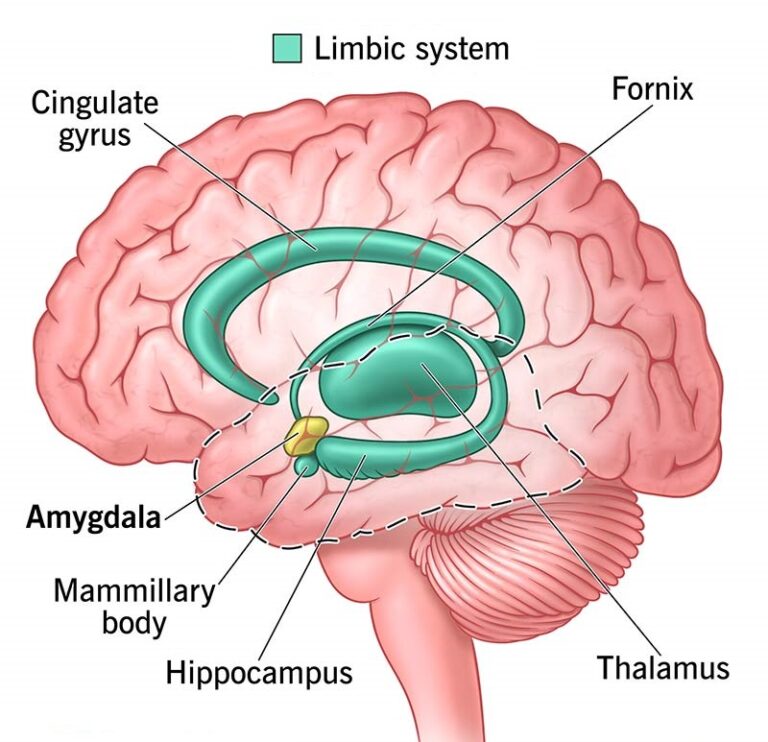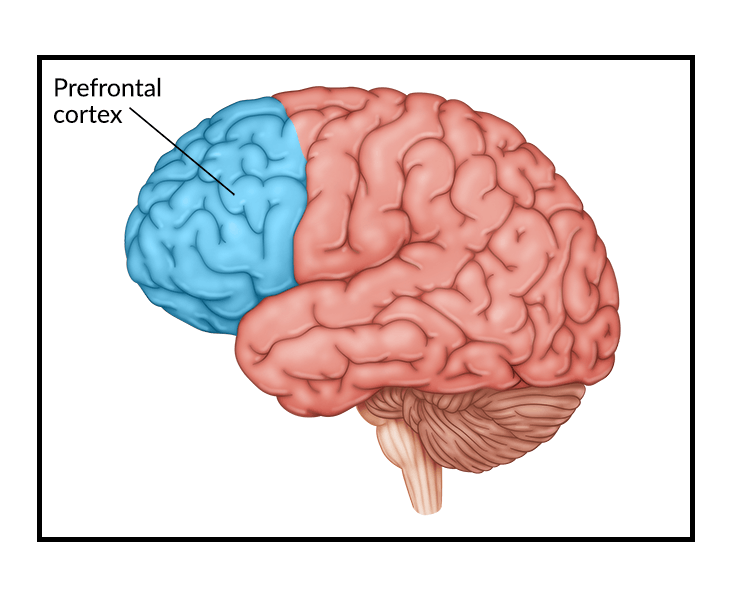
The 16 Personality Types: A Comprehensive and Practical Guide
Understanding personality is a key aspect of self-awareness and interpersonal relationships. The 16 Personality Types, popularized by the Myers-Briggs Type Indicator (MBTI), provide a structured way to explore individual differences in thinking, feeling, and behavior. These personality types are based on Carl Jung’s theory of psychological types and further refined by Isabel Briggs Myers and Katharine Cook Briggs. Here, we delve into the 16 types with intriguing insights, practical applications, and actionable advice tailored for students and professionals alike.
The Core Framework of MBTI
The MBTI framework categorizes personality into four dichotomies:
| Dichotomy | Definition |
|---|---|
| Extraversion (E) vs Introversion (I) | Focus on the external world vs. internal thoughts and feelings. |
| Sensing (S) vs Intuition (N) | Preference for concrete details vs. abstract ideas and possibilities. |
| Thinking (T) vs Feeling (F) | Decision-making based on logic vs. personal values and emotions. |
| Judging (J) vs Perceiving (P) | Preference for structure and planning vs. flexibility and spontaneity. |
Combining these dichotomies results in 16 unique personality types. For example, an individual with preferences for Introversion, Intuition, Feeling, and Judging would be classified as INFJ.
The 16 Personality Types and Their Key Traits
Each type has distinct characteristics that can inform behavior, career choices, and interpersonal dynamics. Below is a summary:
| Type | Nickname | Key Strengths | Potential Challenges |
|---|---|---|---|
| ISTJ | The Inspector | Organized, dependable, practical | Difficulty adapting to new ideas |
| ISFJ | The Protector | Loyal, empathetic, meticulous | Avoidance of conflict |
| INFJ | The Advocate | Visionary, insightful, compassionate | Overwhelm from others’ emotions |
| INTJ | The Architect | Strategic, independent, analytical | Can seem aloof or critical |
| ISTP | The Virtuoso | Practical, resourceful, adaptable | Impatience with structure |
| ISFP | The Adventurer | Creative, sensitive, kind | Difficulty with criticism |
| INFP | The Mediator | Idealistic, empathetic, reflective | Overthinking decisions |
| INTP | The Thinker | Innovative, curious, logical | Struggles with emotional expression |
| ESTP | The Entrepreneur | Energetic, spontaneous, persuasive | Impulsiveness |
| ESFP | The Performer | Charismatic, fun-loving, sociable | Difficulty with long-term planning |
| ENFP | The Campaigner | Enthusiastic, imaginative, open-minded | Easily distracted |
| ENTP | The Debater | Witty, inventive, enthusiastic | Prone to arguments |
| ESTJ | The Executive | Efficient, direct, organized | Intolerance for inefficiency |
| ESFJ | The Consul | Caring, social, dependable | Overly concerned with others’ approval |
| ENFJ | The Protagonist | Inspiring, altruistic, charismatic | Overextension in helping others |
| ENTJ | The Commander | Bold, strategic, decisive | May overlook emotional nuances |
Practical Applications for Students and Professionals
1. Academic Success
Understanding one’s personality type can help students tailor their learning strategies:
| Type | Learning Style |
|---|---|
| ISTJ, ESTJ | Structured environments, step-by-step instructions. |
| INFP, ENFP | Open-ended assignments, creative expression. |
| INTJ, ENTJ | Independent projects, challenging problems. |
| ISFJ, ESFJ | Group discussions, real-world applications. |
| ENTP, INTP | Debate, exploring abstract theories. |
2. Career Guidance
Personality types influence career preferences. For instance:
- INFJs excel in counseling or writing due to their empathy and insight.
- ESTPs thrive in dynamic roles like sales or event management.
3. Interpersonal Relationships
Understanding personality types fosters better communication and teamwork. For example:
- An ENTJ might need to tone down their assertiveness when working with an ISFP, who values harmony.
Insights and Research-Based Evidence
- Personality and Academic Performance
- Research shows that personality traits correlate with learning styles and academic outcomes. For instance, Judging types (J) often perform better in structured environments (Furnham et al., 2013).
- Workplace Applications
- Studies indicate that teams with diverse personality types are more innovative (Van Knippenberg & Schippers, 2007).
- Mental Health Awareness
- Recognizing personality traits can help address stress. Introverts (I), for example, benefit from alone time to recharge, while Extraverts (E) may find energy in social settings.
Table: Personality Types and Preferred Careers
| Type | Ideal Careers |
|---|---|
| ISTJ | Accountant, Auditor, Engineer, Data Analyst |
| ISFJ | Nurse, Teacher, Librarian, Social Worker |
| INFJ | Counselor, Writer, Humanitarian Worker, Psychologist |
| INTJ | Scientist, Strategist, Engineer, IT Manager |
| ISTP | Mechanic, Pilot, Forensic Scientist, Technical Expert |
| ISFP | Artist, Designer, Therapist, Veterinary Technician |
| INFP | Author, Counselor, Researcher, Nonprofit Organizer |
| INTP | Software Developer, Philosopher, Mathematician |
| ESTP | Sales Representative, Event Manager, Entrepreneur |
| ESFP | Performer, Tour Guide, Public Relations Specialist |
| ENFP | Marketing Specialist, Psychologist, Writer, Innovator |
| ENTP | Journalist, Consultant, Lawyer, Start-Up Founder |
| ESTJ | CEO, Police Officer, Project Manager, Banker |
| ESFJ | HR Specialist, Healthcare Worker, Customer Service |
| ENFJ | Motivational Speaker, Teacher, Public Relations |
| ENTJ | CEO, Lawyer, Management Consultant, Politician |
Actionable Advice
- For Students: Identify your type and experiment with study methods aligned to your strengths. For instance, if you’re a Perceiver (P), set flexible deadlines to avoid procrastination.
- For Professionals: Use MBTI insights to enhance teamwork by assigning roles that match personality strengths. For example, delegate planning tasks to Judging types (J) and brainstorming sessions to Intuitive types (N).
Take a Free 16 Personality Type Indicator Test
Conclusion
The 16 Personality Types framework offers invaluable insights into human behavior and preferences. Whether you are a student seeking academic success, a professional aiming for career growth, or simply someone striving for better relationships, understanding personality can be transformative. By leveraging your unique strengths and addressing potential challenges, you can unlock your full potential.
Word of Caution
While the MBTI framework is a widely used tool for understanding personality, it has also been criticized for its lack of scientific validity and reliability. Critics argue that personality is too complex to be categorized into fixed types, and many individuals may not consistently fall into one category. As such, MBTI should be used as a guide for self-reflection and exploration, rather than a definitive measure of personality. It’s essential to complement these insights with other validated tools and professional guidance for more accurate and holistic understanding. The MBTI has been widely criticized as pseudoscience, with many researchers pointing out its lack of predictive validity and scientific rigor. It has also been associated with the Barnum effect, where individuals believe vague, general statements about personality apply uniquely to them. As organizational psychologist Adam Grant once noted,
“The MBTI is more about astrology for the workplace than a true assessment of personality.”
References
- Furnham, A., et al. (2013). The Relationship Between Personality Traits and Academic Performance. Journal of Educational Psychology.
- Van Knippenberg, D., & Schippers, M. C. (2007). Work Group Diversity and Group Performance. Annual Review of Psychology.







